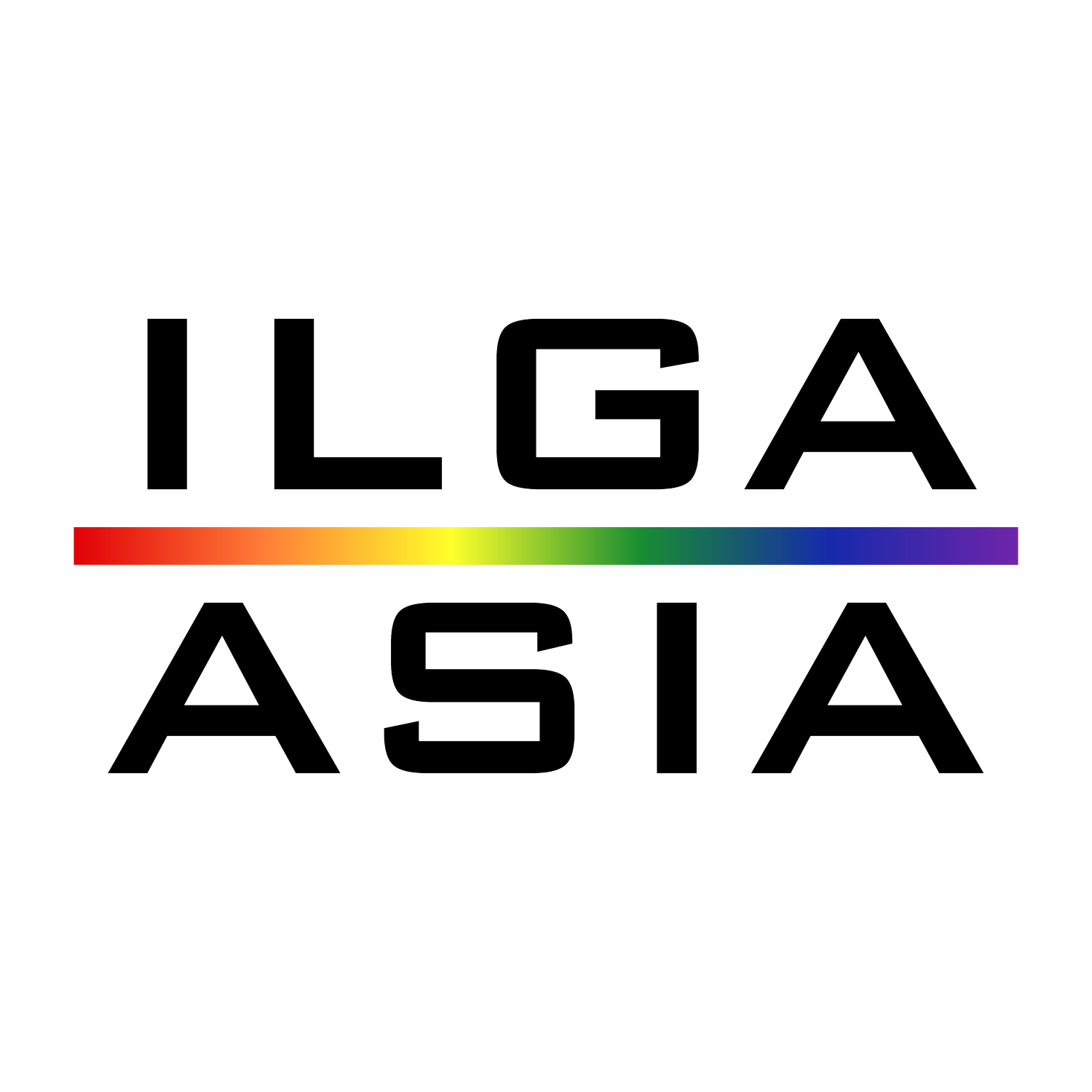The quest for stronger protection against discrimination for LGBTIQ people in Japan
Our country report on Japan reveals the unique situation for the LGBTIQ people there. While communities are not criminalised, they do not enjoy equal rights and there is no anti-discrimination law. However, there are positive developments which would be highlighted in the report below.
Executive Summary
Japan’s culture and major religions do not have a history of hostility towards homosexuality and the environment surrounding LGBTIQ people seems friendly as the state does not criminalize or oppress same-sex relationships. However, there are still many issues that need addressing. In this report, the researcher will briefly summarize the current situation, changes in recent years, and discuss challenges and key strategies based on the findings from consultations conducted.
One of the fundamental issues is that there is no comprehensive anti-discrimination law in Japan, even though there has been a discussion to pass the bill to promote public understanding of LGBT issues.
After Shibuya and Setagaya wards have become the first issuing same-sex partnership certificates in 2015, more than 100 municipalities have now enacted same-sex partnerships covering more than 30 percent of the population. However, same-sex marriage is not yet recognized at the national level despite the fact that the Constitution of Japan does not explicitly prohibit marriage between same sex couple.
Trans people have been allowed to officially change their gender-marker under the Act on Special Cases in Handling Gender Status for Persons with Gender Identity Disorder (Act on GID). However, in addition to the diagnosis as GID by two or more physicians,
the requirements to legally change one’s gender-marker are as follows: 1) 20 years old and beyond, 2) unmarried at the time he or she wishes to legally change his or her gender, 3) no minor children, 4) being deprived of their reproductive organs or reproductive ability and, 5) have a physical form that is endowed with genitalia that closely resemble the physical form of an alternative gender.
Recent prioritized movements in the community are 1) enactment of anti-discrimination law based on SOGIESC, 2) marriage equality, and 3) Pride House Tokyo. Human rights of trans people are also one of the critical agenda needed to be addressed.
Key strategies are shaping public opinion by involving the business sector and the general public through collecting online signatures, use of media and entertainment.
The challenges that the community is facing are lack of diversity within the decision-makers, exhaustion from conflicts within the LGBTIQ community and lack of financial resources supporting LGBTIQ CSOs. Language is also a barrier for the activists to interact, share information and empower one another with those from other countries, but working for the same issue.




